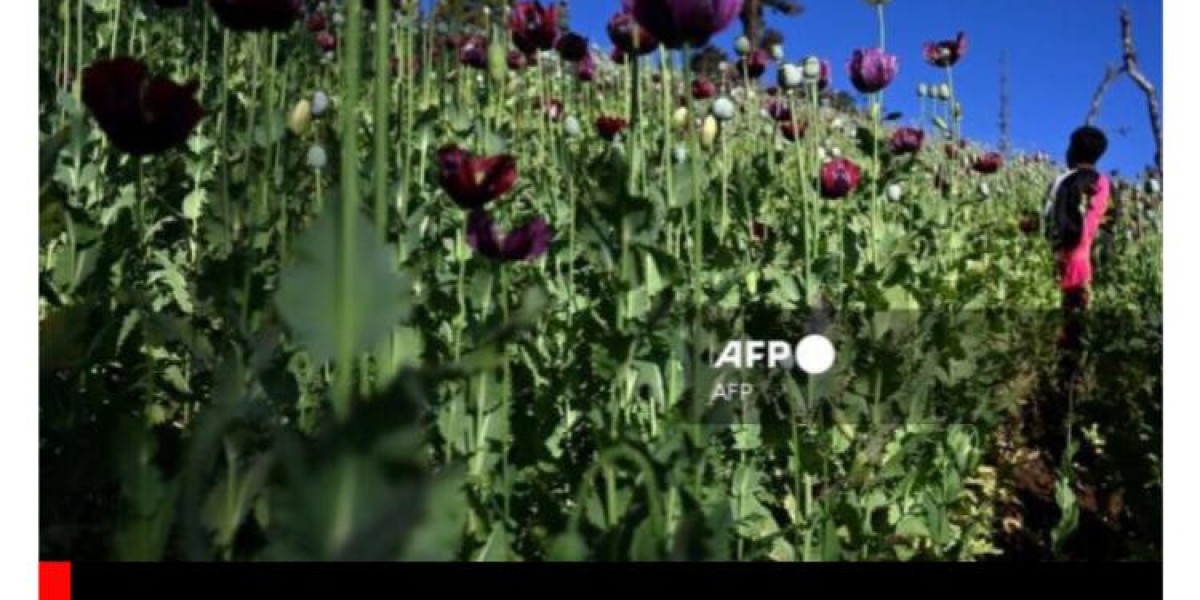In a rare admission earlier this year, the leader of Myanmar's Central Committee on Drug Abuse Control acknowledged that the country's attempts to eradicate the drug trade were proving ineffective. This admission comes in the wake of a United Nations report released on Tuesday, which revealed that Myanmar has surpassed Afghanistan to become the world's largest producer of opium in 2023. The report indicated that Myanmar produced an estimated 1,080 metric tonnes of opium this year, a significant increase from the 790 metric tonnes produced in the previous year.
The surge in opium production in Myanmar follows a drastic decline in opium cultivation in Afghanistan, which plummeted by an estimated 95 percent to around 330 tonnes after the Taliban banned poppy cultivation in April last year. The "Golden Triangle" region, encompassing Myanmar, Laos, and Thailand, has long been notorious for illegal drug production and trafficking, particularly of methamphetamine and opium.
The UNODC reported that the total estimated value of Myanmar's "opiate economy" has risen to between $1 billion and $2.4 billion, equivalent to 1.7 to 4.1 percent of the country's 2022 GDP. This surge in opium production has been attributed to the country's conflict-ridden and unstable legal economy since the military seized power in 2021, leading many farmers to turn to poppy cultivation due to poor access to markets, state infrastructure, and rampant inflation.
The report also highlighted that opium production in Myanmar has reached its highest level in over 20 years, with cultivation becoming more sophisticated due to increased investment and improved practices. The main cultivating area is in Shan state, where opium poppy cultivation has been on the rise, particularly in the northern part, despite recent conflict and fighting. Additionally, opium cultivation has increased in northern Kachin state and in Chin state on the border with India.
Despite these developments, analysts believe that the military, which seized power in 2021, is not genuinely committed to ending the multi-billion dollar drug trade, raising concerns about the effectiveness of the country's efforts to combat drug production and trafficking.
Naijamatta is a social networking site,
download Naijamatta from Google play store or visit www.naijamatta.com to register. You can post, comment, do voice and video call, join and open group, go live etc. Join Naijamatta family, the Green app.
Click To Download


